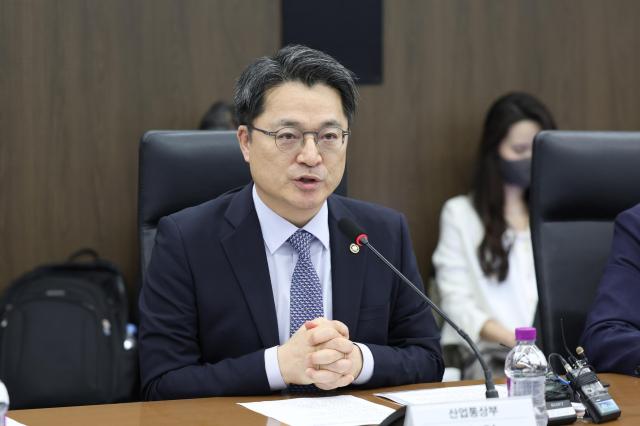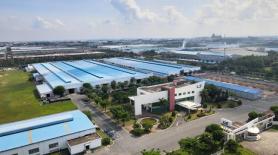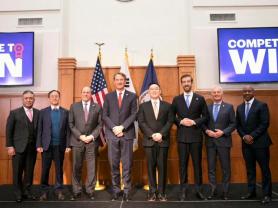
SEOUL, October 16 (AJP) - Amid China’s tightening restrictions on rare earth exports, South Korea has launched a high-level task force to strengthen communication with Beijing and craft a comprehensive supply chain strategy by the end of the year, officials said Thursday.
The move follows China’s Oct. 9 announcement of expanded export controls that require foreign companies to obtain government permits for seven types of rare earths — materials vital to advanced technologies such as semiconductors, electric vehicles and defense systems.
The new rules also extend controls to five additional rare earths and equipment used in permanent magnet manufacturing, as well as lithium-ion battery materials and diamond powder used for industrial cutting and grinding.
While the measures stop short of a full export ban, South Korean officials and industry analysts warned that the new permit process could slow shipments and disrupt supply chains heavily dependent on Chinese materials. China produces about 70 percent of the world’s rare earths and dominates global refining capacity.
In response, the Ministry of Trade, Industry and Energy convened an emergency meeting Thursday to coordinate its response. The newly formed task force — led by Vice Minister Moon Shin-hak — will include multiple government agencies and work closely with major private-sector players.
Officials said the task force’s immediate focus will be maintaining steady communication channels with Chinese authorities to ensure export permits for South Korean companies are processed quickly. The ministry noted that previous dialogue with Beijing had helped resolve supply issues after earlier export controls were introduced in April.
To support local firms, the government will establish a support center to address company concerns, monitor inventories and provide emergency assistance. Information on China’s export procedures will also be made available through South Korea’s trade and investment agencies.
Seoul plans to diversify its supply chain by expanding research into rare earth substitutes and recycling technologies, backing overseas mining ventures, and increasing public stockpiles to guard against future disruptions.
“Rare earths are critical to our semiconductor and electric vehicle industries,” Vice Minister Moon said. “We will work closely with the private sector to strengthen resilience and safeguard our economy from external shocks.”
* This article, published by Aju Business Daily, was translated by AI and edited by AJP.
Copyright ⓒ Aju Press All rights reserved.



